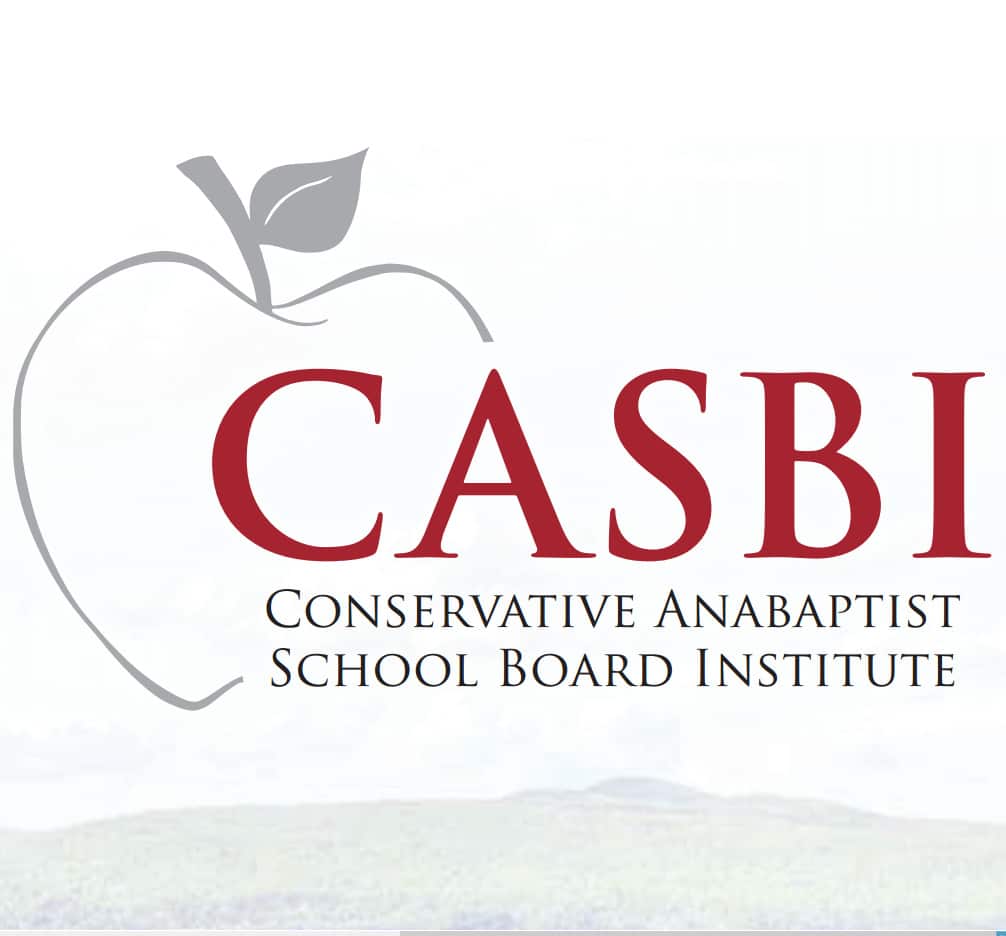Suppose you have a class where you teach the chapter and then you take the test, and half the class or some [portion] of it does very well and the other half doesn’t do well at all. What do you do? Well, if you just keep moving on and go on to new material, essentially what you’re telling the students is, “That material isn’t all that important, because even though you didn’t master it, well, we have other things to do, so too bad for you.” If you stop and reteach the whole chapter, then you are robbing the ones who did well of their time, because they have to sit there and re-watch things they already know how to do. I would argue that that would create problems aside from that as well. Behavior problems often creep up when students are bored.
And so, no matter which way you go, you’re robbing someone of an education. In my mind, the only way I can get myself out of that paradox is to run differentiated instruction. Usually what I do is I take that chapter’s ideas and then I find some extended resource on that topic. So for example, what we were doing in class today, we had a chapter on factoring and then I took the ones who did well, I gave them the Algebra II book, and we took factoring concepts to another level. One time I introduced the college algebra book and took some similar ideas to the next level, that aren’t necessarily discussed in the Algebra I book, while the rest of us went back and reviewed and retested on that material.
One of the challenges with having two different groups is that, if it’s the same people, the students who are always doing the retakes can tend to think that, well they’re the smart ones and we’re the dumb ones. That is something you have to be careful of. I try to promote and I do tests at the beginning of the year where I test each student to see what they believe about learning. Is my intelligence something I was born with and I can’t change? Or, does the more work I put into a topic equal better grades?
And so, if you can develop a culture like that, it’s not a big deal because they know who’s getting A pluses and who’s getting C minuses anyway. Putting them in two different groups isn’t going to tell them something new. It’s just going to bring it to the surface more and I don’t think that’s necessarily the worst thing in the world.
Normally for grading that, I would just put different assignments into the grade book. Homework would still get the same weighting across the board and the tests would as well. The more advanced students, they’re getting held accountable to performing well on the more advanced material.
And then as far as retesting, I allow retesting for full credit. Now it does come with a little bit of work. So if one or two students fails a class or a test, I won’t have the whole group go back and redo it. However, I will allow the students to—after they fail a test, they have to come talk to me and then we sit down and we develop a plan of study as to how they’re going to try to learn this material and when we’re going to do the retest. They have to tell me, “These days I’m going to study this and this and this, I’m going to do it at this time, and then this day I’ll do this and this and this, and then I want my retest here.” And then I hold them accountable to that and they come in, they retake the test for full credit.
On the teacher’s side it’s a lot more work. So you have to prepare twice as much for—as far as homework and checking for assessment and things like that.
They know that we’re not going to move on until we get this, this material’s important and I’m going to keep teaching and we’re going to keep practicing until we have mastered this material. And when students get to the other side of a retest, where they finally realize, “You know what, I actually really understand this,” it helps them for the next time because they know what’s it like. I didn’t get it, but if I apply myself I will get to the point where I can sit back and say, “Yes, now I know.”





